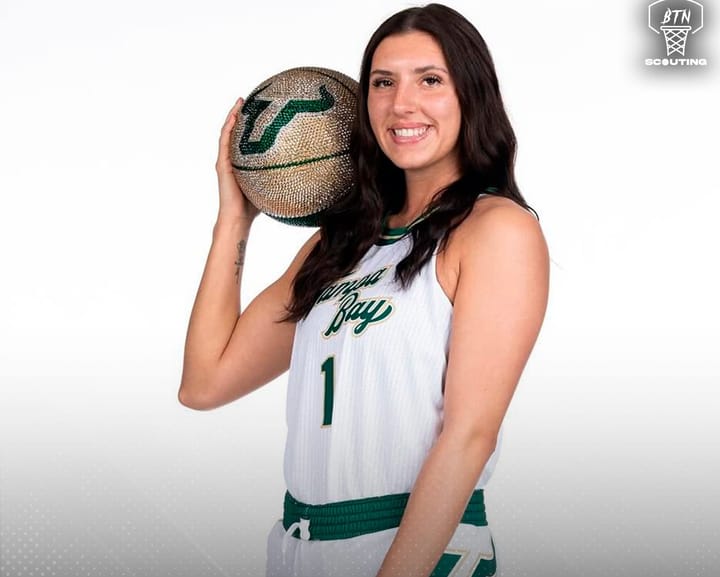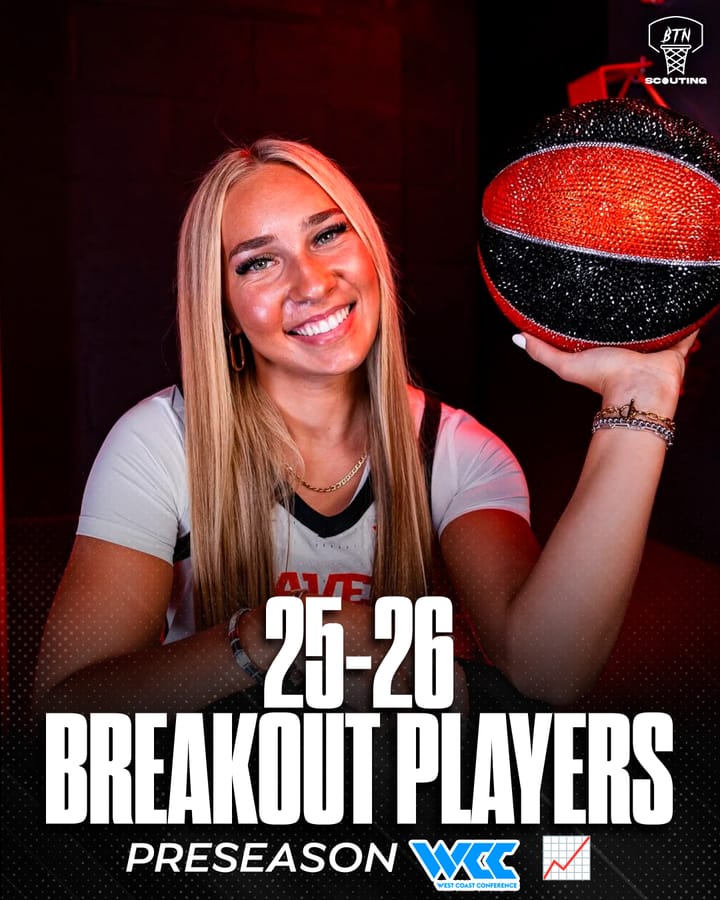Unlimited Visits & Proposal for Student-Athlete Representation

Student-athletes are the backbone of college sports, but their voices often go unheard. However, that is about to change with the adoption of a new proposal for student-athlete representation by the DI Council. The proposal aims to create a holistic student-athlete model that gives more power and representation to student-athletes in decision-making processes. It includes important measures such as official visits, playing rules, and much more.
In this blog post, we will dive deeper into what this means for student-athletes and how these new recruiting rules will impact college sports.

Student Athlete Voice
The NCAA rules new proposal for student-athlete representation. The proposal aims to give student-athletes more of a voice in the governance of college athletics. This way, they can address issues that affect them, such as health and safety, compensation, and eligibility rules. Student-athlete representation can help facilitate communication between athletes and athletic departments. Allowing them to be part of policy-making decisions can lead to better outcomes for all parties involved.
Lynda Tealer, the executive associate athletics director at Florida and chair of the NCAA Division I Council, played a significant role in adopting a proposal for student-athlete representation. The new rules ensure that all Division I members are incorporating views of college athletes in local decisions that directly impact their college experiences. This decision will further enhance the college experience for student-athletes and make their voices heard in important decisions.
This move towards student-athlete representation is seen as a positive step towards addressing concerns around athlete welfare and compensation in college sports. The NCAA's decision reflects an understanding of the importance of student-athlete voices and their contribution to the sport.

New Model For Student Athletes
The newly adopted proposal for student-athlete representation aims to prioritize the overall well-being of student-athletes through the Holistic Student-Athlete Model. This model includes elements such as mental health, academic support, and career development, recognizing that college athletes have unique challenges and needs. In addition, the model acknowledges the importance of athlete representation in decision-making processes.
With the inclusion of a designated council for student-athletes, their voices will now be heard in policy-making and rule-setting processes. This move towards greater representation is a positive step in ensuring that student-athletes have a say in their own college experience and are able to contribute to decisions that affect them directly. Overall, this shift towards a more holistic approach to student-athlete well-being and involvement is an important development in collegiate sports.

Proposal For Student-Athlete Representation
The DI Council has adopted a proposal for student-athlete representation that includes a voting seat for at least one student-athlete on all NCAA legislative committees. This model allows student-athletes to participate in the decision-making process for issues that directly affect them. The move is a significant step towards giving student-athletes a voice and empowering them to make decisions about their own experiences.
By providing feedback, making suggestions, and helping shape the rules and policies that govern college sports, student-athletes will have an opportunity to have more control over their athletic careers. The NCAA hopes this change will improve communication and create more transparency between athletes, coaches, and administrators. Overall, the adoption of this proposal marks a significant milestone in ensuring that student-athletes are represented and heard within the collegiate sports system.
Official Visits
Official and unofficial visits are a crucial aspect of the college recruitment process for student-athletes. These visits allow athletes and family members to meet with coaches, tour campus facilities, and get a sense of what it would be like to attend the school. With the new proposal adopted by the DI Council, student-athletes will have a greater voice in this process and would have an unlimited number of official visits. Every player has the potential to visit any program once, unless there has been a change in coaching, in which case they may revisit the school. This change is an integral part of the decision-making process and will make a huge difference.
This increased level of input gives high school athletes more control over their recruitment process and ensures that their needs and concerns are being heard. By giving student-athletes a voice in the official visit process, colleges can create a more welcoming and reasonable entertainment for all athletes. Overall, the adoption of this proposal is a positive step towards empowering student-athletes in college recruitment and enhancing their overall experience. The implementation of these updated regulations will commence from July 1.

Evolving The Rules
The recent adoption of a proposal for student-athlete representation by the DI Council represents an important advancement in college sports. Student-athlete representation allows student-athletes to have a voice in decision-making processes and advocate for their needs. For young people, matters that impact them directly, like receiving benefits and availability of resources, hold great importance.
Another important aspect of this proposal is the implementation of federated playing rules, which will help ensure fair competition by standardizing rules across all NCAA member schools. This consistency in gameplay will make it easier for student-athletes to compete at a high level, which ultimately provides meaningful opportunities for both the athletes and the sport as a whole.
Overall, this proposal marks a significant step towards empowering student-athletes and recognizing their contributions to college sports. It demonstrates a commitment to ensuring that students are able to fully participate in the athletic programs offered by their schools while advocating for their own interests.
Conclusion
The NCAA's decision to adopt the proposal for student-athlete representation is a major step towards empowering and giving a voice to collegiate athletes. This move comes as part of the Holistic Student-Athlete Model that aims to prioritize the overall well-being of the student-athletes. With this decision, official visits and federated playing rules are set to undergo significant changes that will benefit college athletes. We look forward to seeing more opportunities for student-athletes in the future, and we encourage everyone to stay updated with the latest news.
Stay up-to-date with more news & updates. Subscribe to BTN Scouting newsletter & follow us on all social platforms.




Comments ()